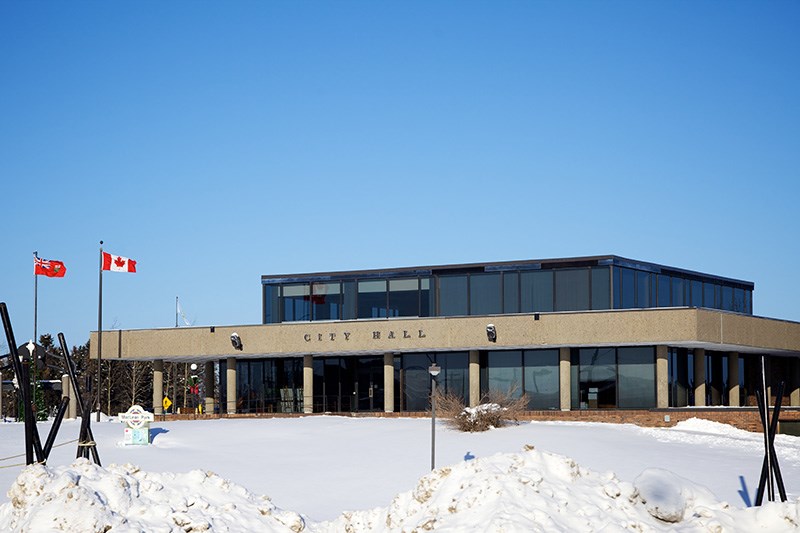To say that the City of Thompson coming out with a proposed 2021 financial plan that includes almost $41 million in spending was a little unexpected is probably an understatement.
In case you haven’t heard, Thompson’s tax base is shrinking, the city is getting less for a grant-in-lieu of taxes from Vale than it ever has before (at least until 2022, the first year of the next agreement reached by “negotiations”) and many people already feel their property taxes are too high. If you’re one of the latter group, the fact that this draft budget includes only about half-a-million dollars more property tax revenue than last year probably isn’t a lot of consolation. What that will mean in terms of the impact on actual residential and commercial property owners won’t be made explicit until the formal presentation of the plan to the public on April 29, but suffice it to say, at least some people’s taxes are probably going to be higher, unless the overall valuation of all the properties in the city has risen enough that the city can bring in more tax revenue while charging the same mill rate, or perhaps even a slightly lower one. That doesn’t seem likely but stranger things have probably happened.
At any rate, while potential tax increases may not be looked upon too fondly, credit should be given to council and city administration for spending a lot more money without relying entirely or even mainly on tax increases to do so. Despite the fact that this budget is 30 per cent higher than last year’s, most of that difference is coming from federal and provincial government grants and transfers, as well as from the city’s reserves, which are funded by previous surpluses. If you’re going to spend more money, it’s better for it to be other people’s than your own citizens’ if you can manage it, even though, of course, Thompson residents are also provincial and federal taxpayers and gas purchasers and so on, which means that it’s actually, most of the time, at least partly their own money regardless.
Then again, it’s actually a little unlikely that the city will spend more than $40 million in 2021 based on the past practice of the last couple of years, which is to overestimate expenditures and come in at the end of the year having spent considerably less – about seven per cent in 2020, according to the financial plan documents – than anticipated. If that trend holds true for this year and the rate of underspending is equivalent to what it was last year, the actual budget could come in at around $38 million, which is still about 20 per cent higher than the actual spending last year. Whether it is fair to ask current taxpayers to contribute through their property taxes to making things cheaper for future taxpayers by socking money away in reserves could depend a lot upon whether they plan or hope to move anytime soon. If they do, they probably think it’s unfair. If they don’t, it’s all going to even out in the end.
Another thing to be said in favour of the draft 2021 budget is that cost increases aren’t driven by operational spending as much as by capital investment. For most taxpayers, paying more to receive the same thing is not looked on favourably, but to pay a little bit more and to get a lot more in certain areas like road maintenance and road and sidewalk construction or rehabilitation is another thing indeed. Along with snow removal and street plowing throughout the winter, probably the number one complaint of residents is the state of city roads. If council’s plan means more roads get fixed, mostly using non-taxpayer revenue, people are going to be, well, if not exactly happy, than at least a little less unhappy. Whether the type of spending that is in this year’s budget can be repeated in future years depends on other levels of government, which depends on COVID and a lot of other factors. Given that Vale will probably be looking to give the city less than it has in the past or currently does next year, the likelihood of this kind of budgeting becoming a long-term trend seems far-fetched.




